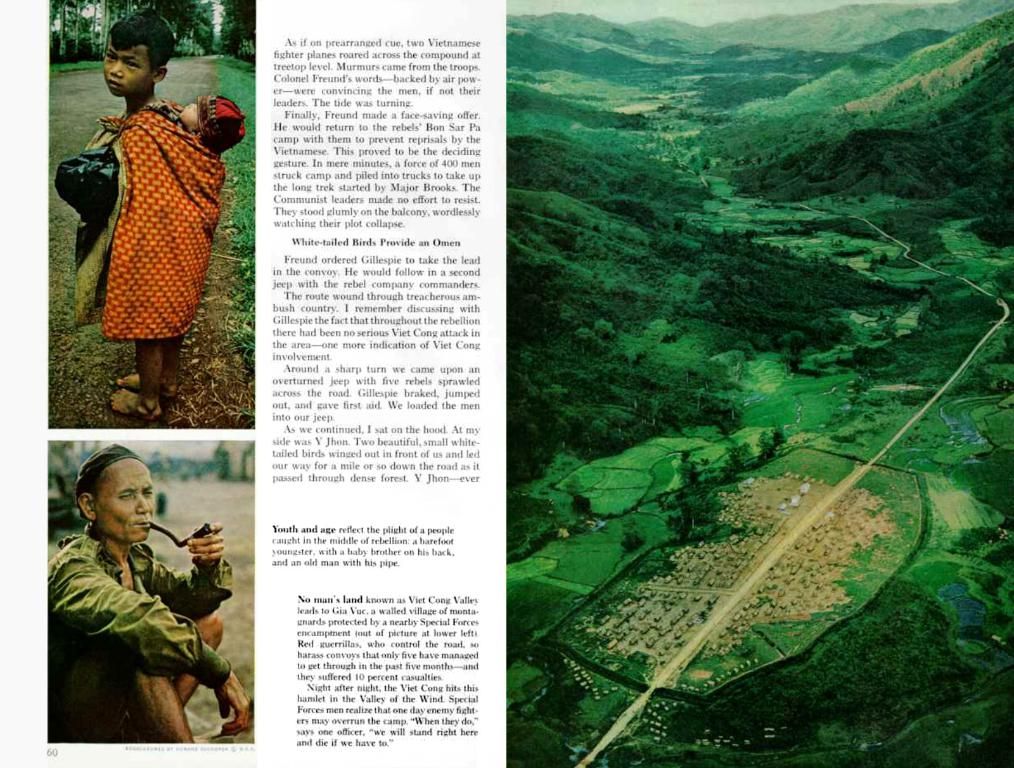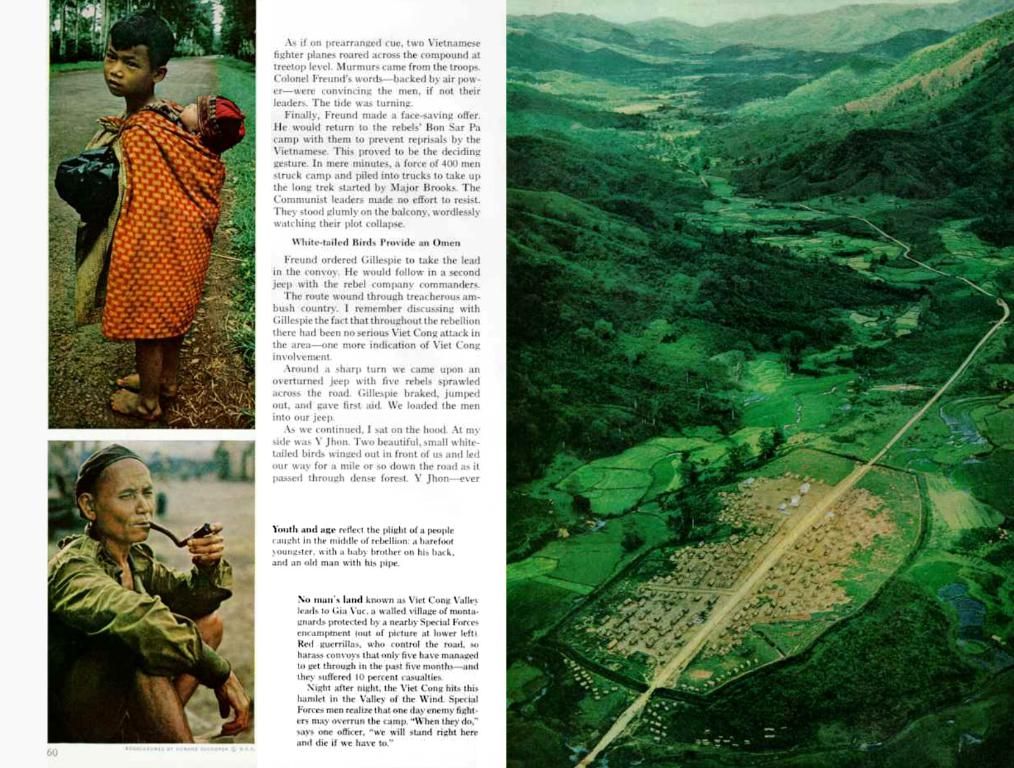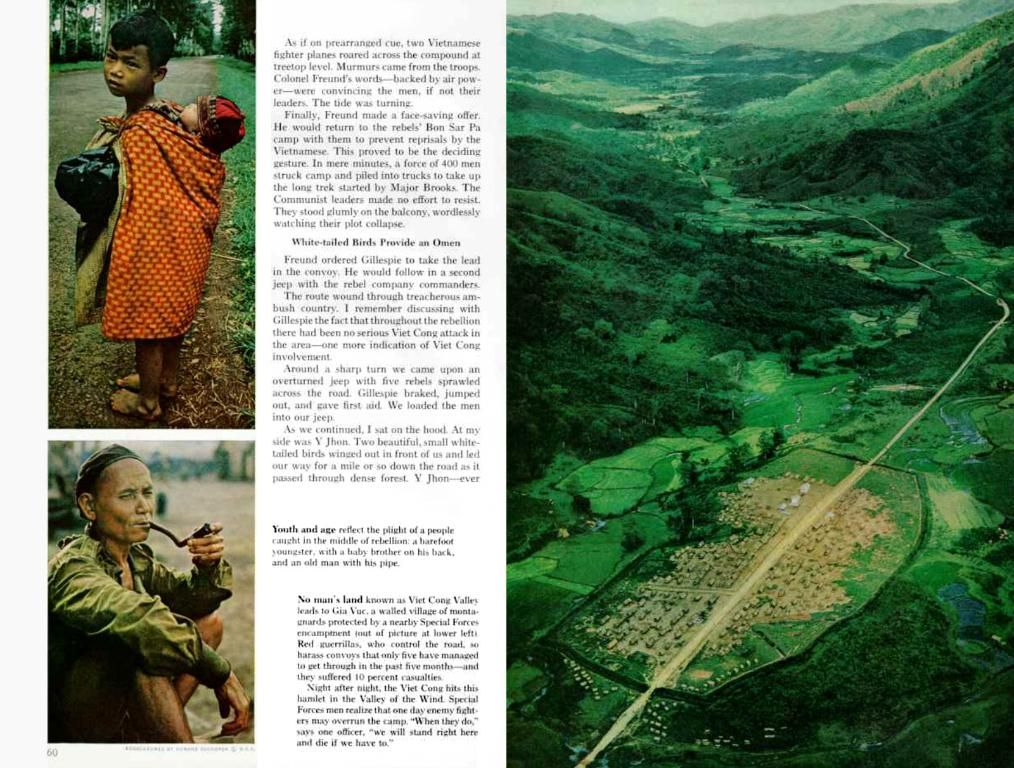Suzuki Stops Production – Luxury Car Makers Reduce Dependence on China
Insights from a Street-Level Perspective
Scarce supplies of vital rare earth elements for automobile production are on the rise.
In these troubling times for the international supply chain, not every player in the auto industry is equally affected by China's rare earth export restrictions. The Japanese automaker Suzuki has ceased production of the Swift compact car, while parts of the industry have been forced to shut down due to a dearth of essential materials. The European automotive supplier association, Clepa, has reported this.
On the other hand, the leading German luxury car manufacturers, BMW and Mercedes-Benz, are handling China's export policy with relative ease. "Production in our vehicle plants continues as planned," says BMW. Mercedes-Benz reports "no immediate restrictions." According to Björn Noack, an industry expert from the consulting firm Bain, it's the smaller, volume-segment OEMs that are feeling the brunt of the issue first. These brands have little room to spare, making it challenging to navigate the lack of raw materials. Luxury cars, on the other hand, have the flexibility to find alternative sources and are less affected.
The Raw Details
Why do luxury car brands appear bulletproof against China's export turmoil? It all comes down to a few key differences in strategy, supply chain, and economics.
- Inventory Management and Supply Chain Diversification: Luxury brands, like BMW and Mercedes-Benz, typically boast stronger inventory management systems and diversified supply chains. They can manage shortages and mitigate immediate impacts better and also have more resources to invest in securing alternative sources or pursuing advanced technologies.
- Less Dependence on a Single Supplier: Luxury brands often possess greater bargaining power and can negotiate better terms with suppliers. They also may have more flexibility to source materials from various regions or establish strategic partnerships that lessen their reliance on a single supplier.
- Economies of Scale: Luxury vehicles may have fewer units produced but usually generate larger profit margins per vehicle. This financial buffer helps absorb some costs associated with finding alternative suppliers or developing new technologies to bypass rare earth challenges.
- Innovation and Development: Luxury brands typically invest heavily in research and development (R&D), which can facilitate quick adaptation to technological changes or sourcing substitutes for rare earth magnets. Small and volume-focused OEMs may lack the funding for R&D, making rapid adjustments more challenging.
In essence, luxury brands like BMW and Mercedes-Benz have been able to navigate the challenges posed by China's export restrictions more successfully due to their diversified supply chains, financial resources, and technological prowess. However, even the luxury brands have experienced supply issues affecting several partners, indicating that no one can completely escape these chain disruptions[1][2][4].
Technology plays a crucial role in the resilience of luxury car brands like BMW and Mercedes-Benz against China's export turmoil. These companies invest heavily in research and development, enabling them to quickly adapt to technological changes or source substitutes for rare earth magnets, thus providing an alternative to the traditional materials affected by export restrictions.
Moreover, these luxury brands often possess advanced technology in their inventory management systems and supply chains, allowing them to better manage shortages, mitigate immediate impacts, and secure alternative sources for raw materials.





